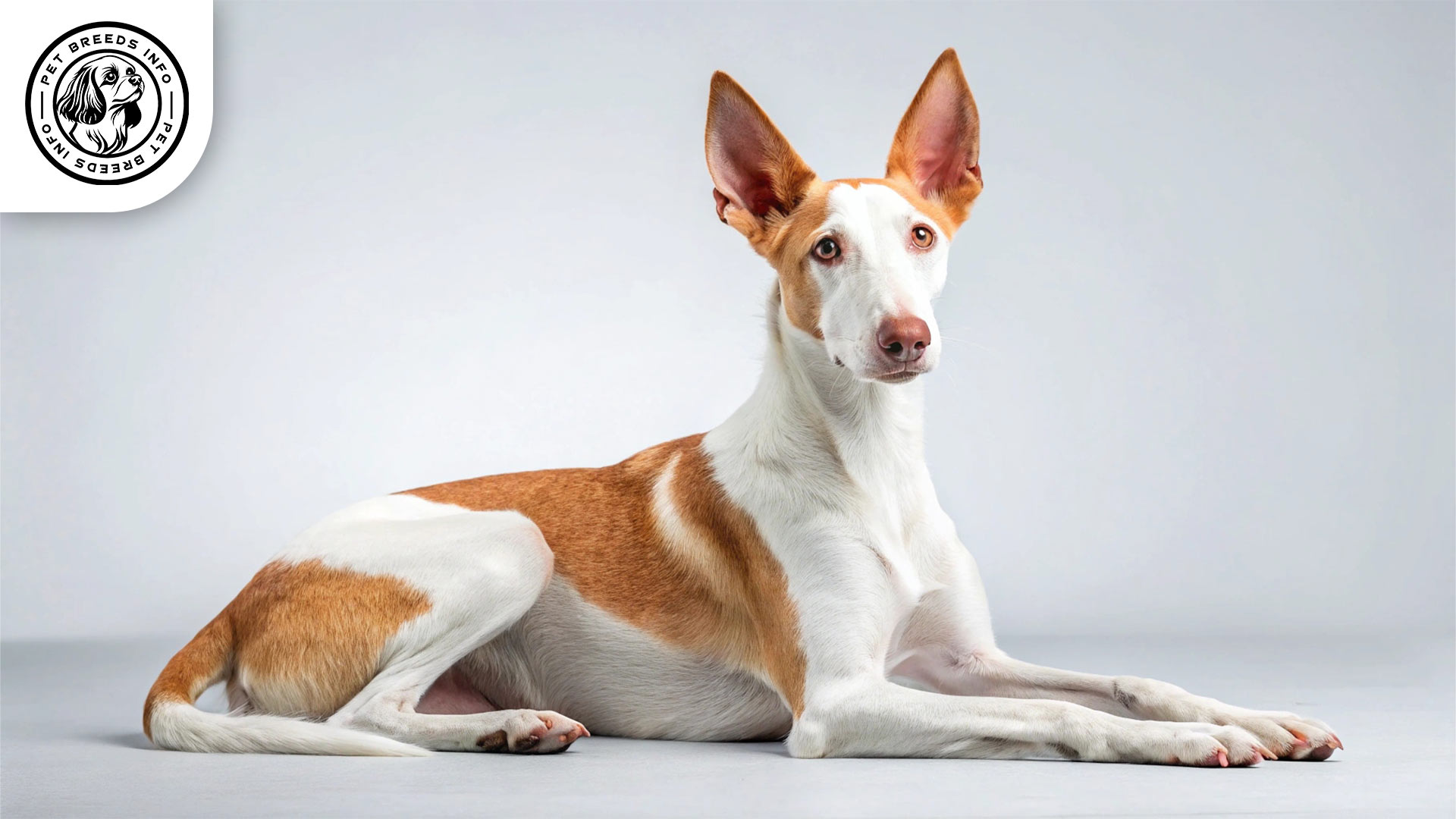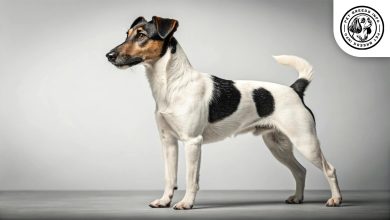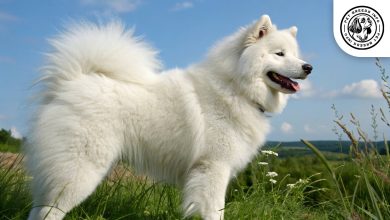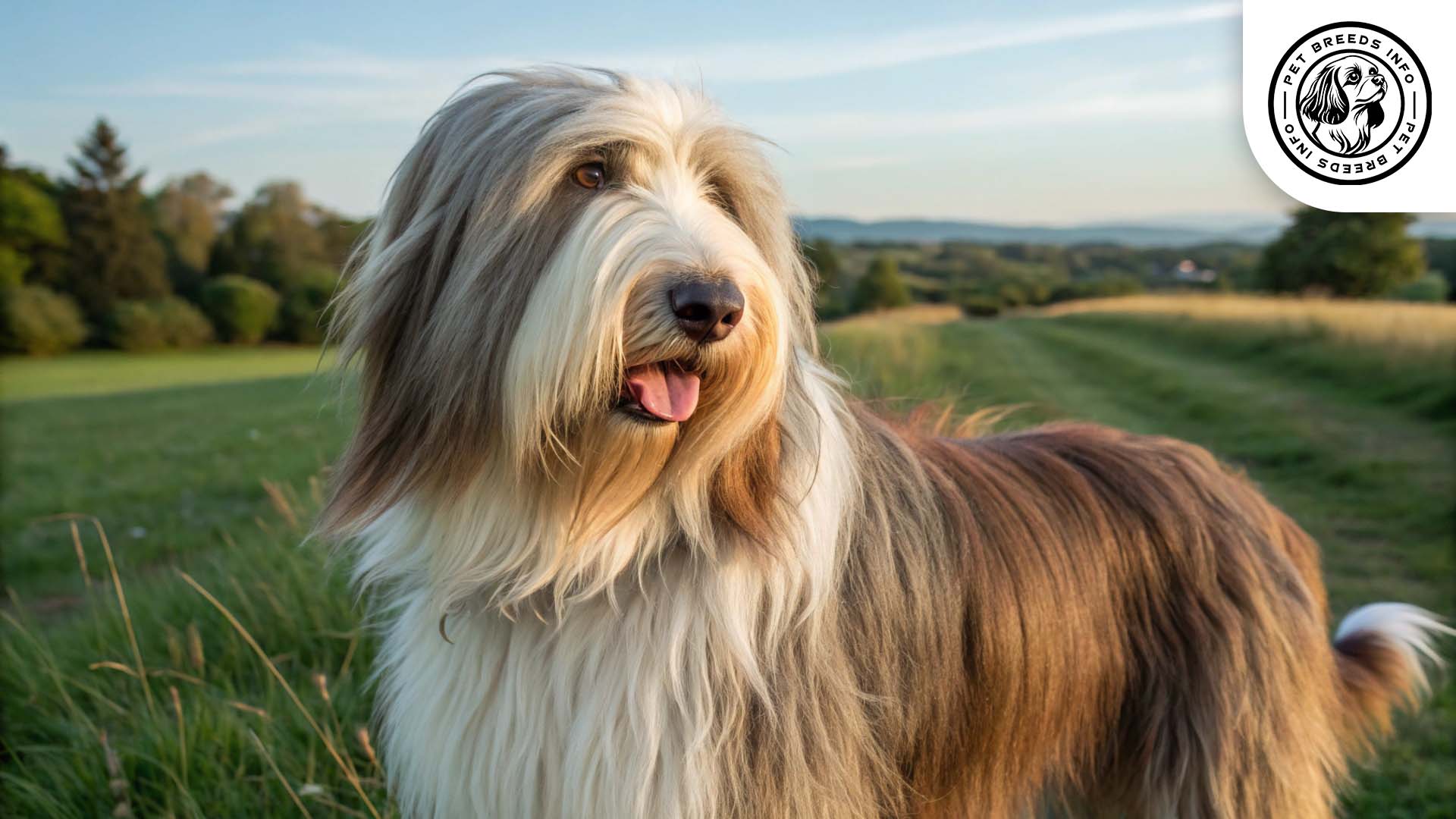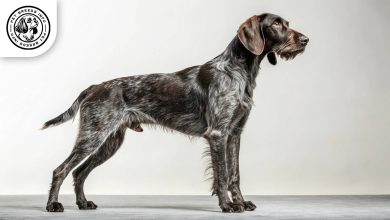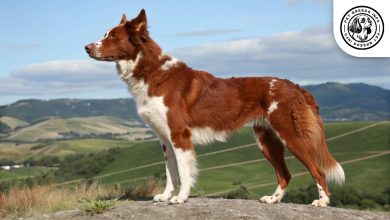Ibizan Hound Dog Breed: Size, Health, Price & Personality
General Introduction of the Breed
The Ibizan Hound, also known as the Podenco Ibicenco, is a rare and elegant sighthound breed originating from the Balearic Islands of Spain, particularly Ibiza. This ancient breed is believed to have descended from Egyptian hunting dogs, brought to the islands by Phoenician traders over 3,000 years ago. It was primarily used for hunting rabbits and small game due to its keen eyesight and remarkable speed.
Table of Contents
| Weight | 45-65 lbs |
| Lifespan | 11-14 years |
| Diet | High-protein kibble, raw diet, balanced meals |
| Care | Weekly brushing, regular nail trimming, dental care |
| Health | Prone to hip dysplasia, deafness, eye issues |
| Color | White, red, or mixed |
| Nature | Intelligent, active, independent |
| Price | $800 – $2,000 |
Physical Characteristics
The Ibizan Hound is a medium to large-sized dog with a sleek, athletic build.
Males typically stand between 23.5 to 27.5 inches (60-70 cm) tall and weigh between 50-65 pounds (23-30 kg), while females are slightly smaller, ranging from 22.5 to 26 inches (57-66 cm) in height and 45-60 pounds (20-27 kg) in weight.
The breed has a short or wire-haired coat, available in various shades of white and red, including solid or patched varieties.
The eyes are small, almond-shaped, and usually amber in color, giving an intelligent and alert expression.
The ears are large, upright, and pointed, which enhance their keen hearing.
The tail is long, slender, and slightly curved, complementing their elegant physique.
Distinctive physical traits include their lean, muscular bodies, elongated heads, and long limbs, making them well-adapted for speed and agility.
Personality and Temperament
The Ibizan Hound is an intelligent and independent breed, known for its quick learning ability.
They have a high energy level and require regular physical activity to stay happy and healthy.
This breed forms a strong bond with their owners but retains an independent nature, making them affectionate yet not overly clingy.
They are generally friendly and sociable with children and other pets but may have a strong prey drive due to their hunting instincts.
Their playful and agile nature makes them excellent companions for active families.
They are sensitive to environmental changes and may become shy or reserved in new situations.
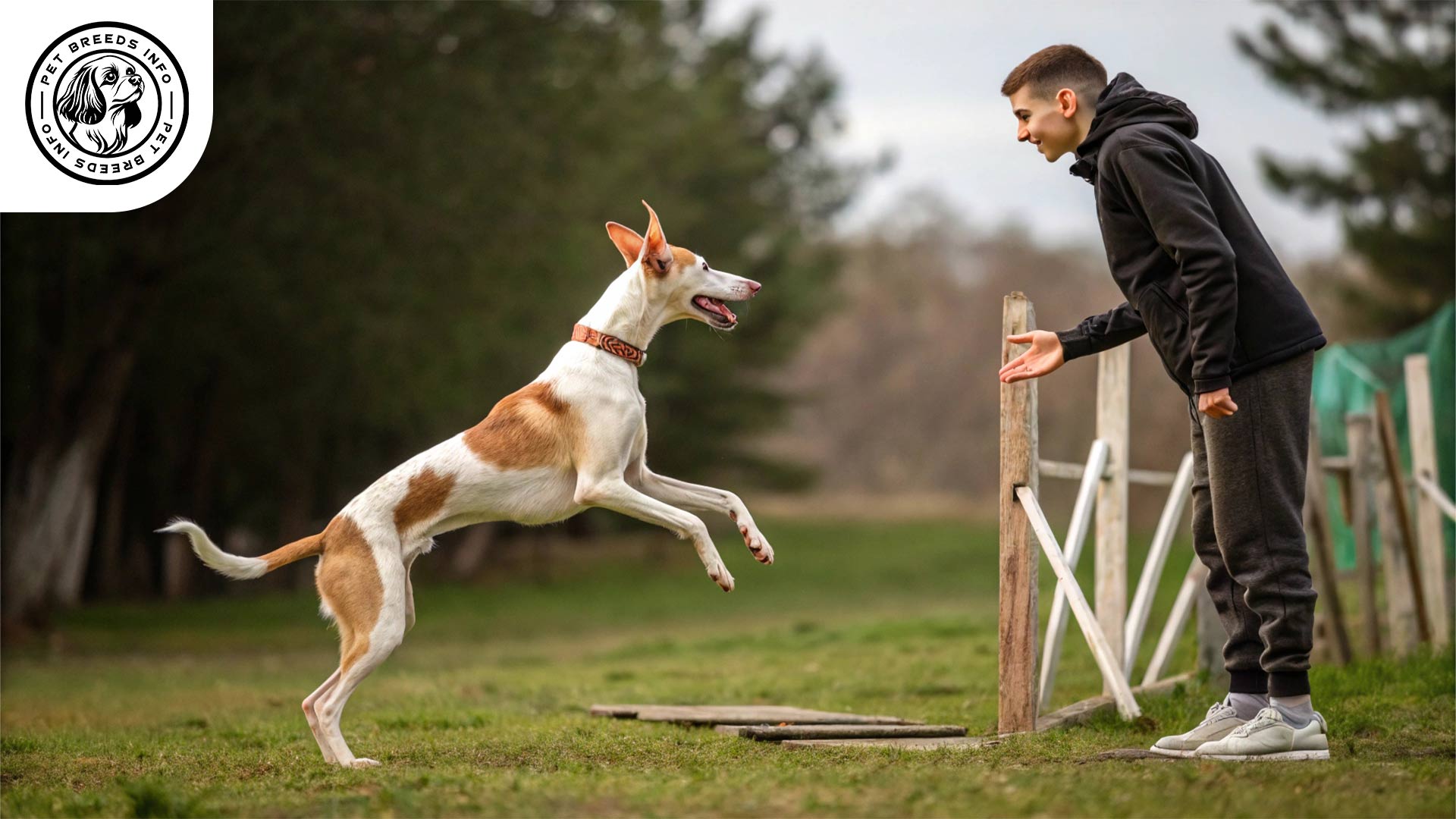
Care and Maintenance Requirements
The Ibizan Hound requires plenty of daily exercise, such as running, hiking, or agility training.
They are best suited for homes with a large yard or access to open spaces, as they thrive in environments where they can sprint freely.
Their grooming needs are relatively low. They have a smooth, short coat that requires weekly brushing.
Shedding is minimal, and bathing should be done as needed to avoid stripping natural oils from their skin.
They are more sensitive to cold than to heat, so they may require a coat during colder seasons.
Regular hygiene care, including nail trimming, ear cleaning, and brushing their teeth, is essential for maintaining their health.
Diet and Nutrition
The Ibizan Hound benefits from a high-quality diet, whether dry kibbles, a raw diet, or a combination of both.
Read More: Greater Swiss Mountain Dog
They require a diet rich in proteins and healthy fats to support their active metabolism.
Common allergens such as corn, soy, and artificial additives should be avoided.
Foods like chocolate, onions, grapes, and excessive table scraps should never be fed to them.
An adult Ibizan Hound typically requires 2 to 3 cups of food per day, split into two meals.
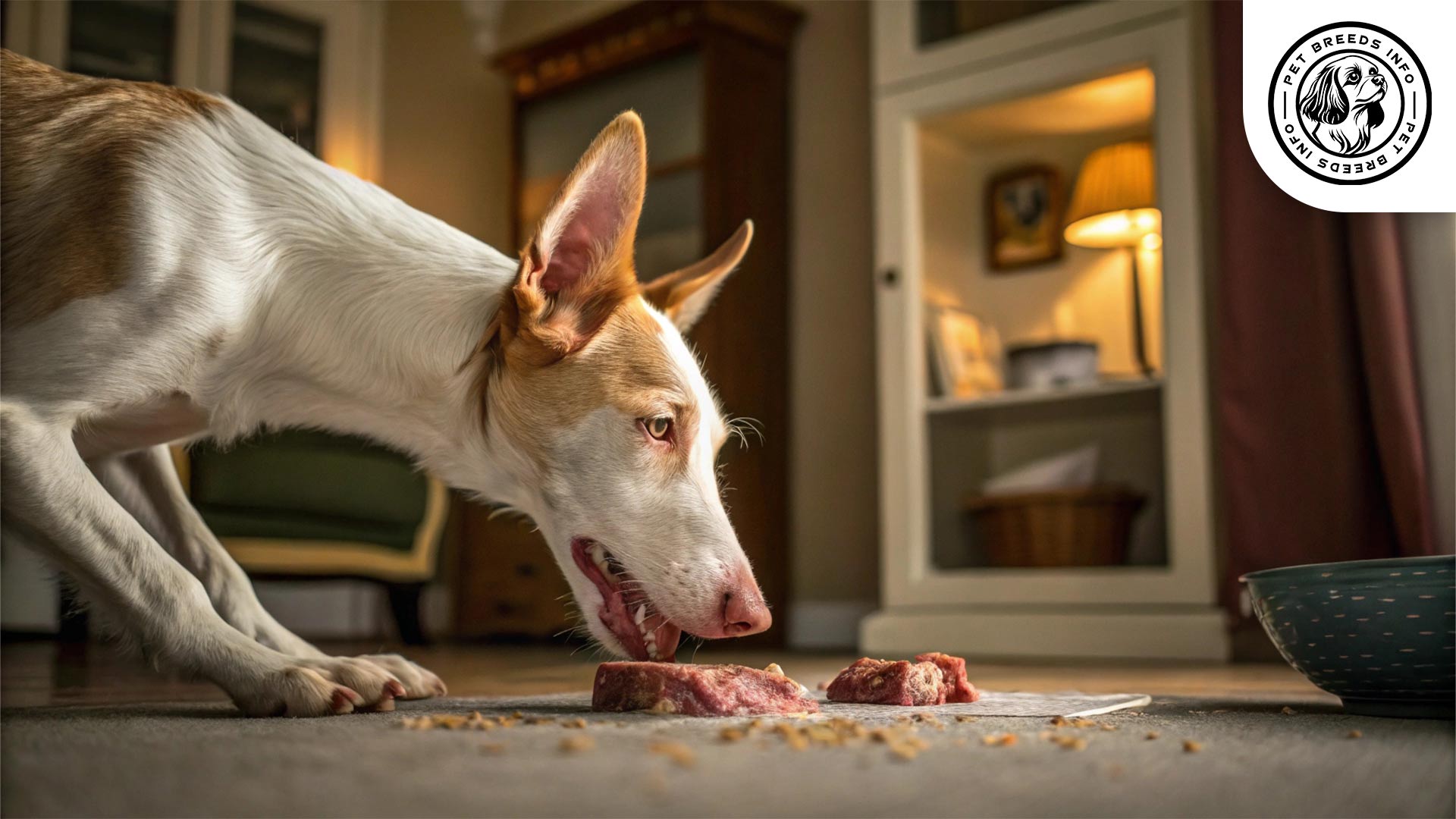
Health and Common Medical Issues
The Ibizan Hound is generally a healthy breed with a lifespan of 11 to 14 years.
Common genetic conditions include hip dysplasia, deafness, and eye disorders.
As a sighthound, they are particularly sensitive to anesthesia and certain medications.
Routine vaccinations, deworming, and annual vet check-ups are necessary to maintain good health.
Training and Behavior Management
The Ibizan Hound is intelligent but can be independent, making training both rewarding and challenging.
Positive reinforcement methods work best, as they respond well to treats and praise.
Early socialization and obedience training are crucial for well-mannered behavior.
They require patience and consistency, particularly in recall training, due to their strong prey drive.
Read More: Icelandic Sheepdog
Interaction with Other Animals and Humans
They get along well with children, especially when raised together.
They can coexist with other pets, but smaller animals may trigger their hunting instincts.
They are great for families or active individuals who can match their energy levels.
They enjoy companionship but also exhibit an independent streak, making them less likely to suffer from severe separation anxiety.
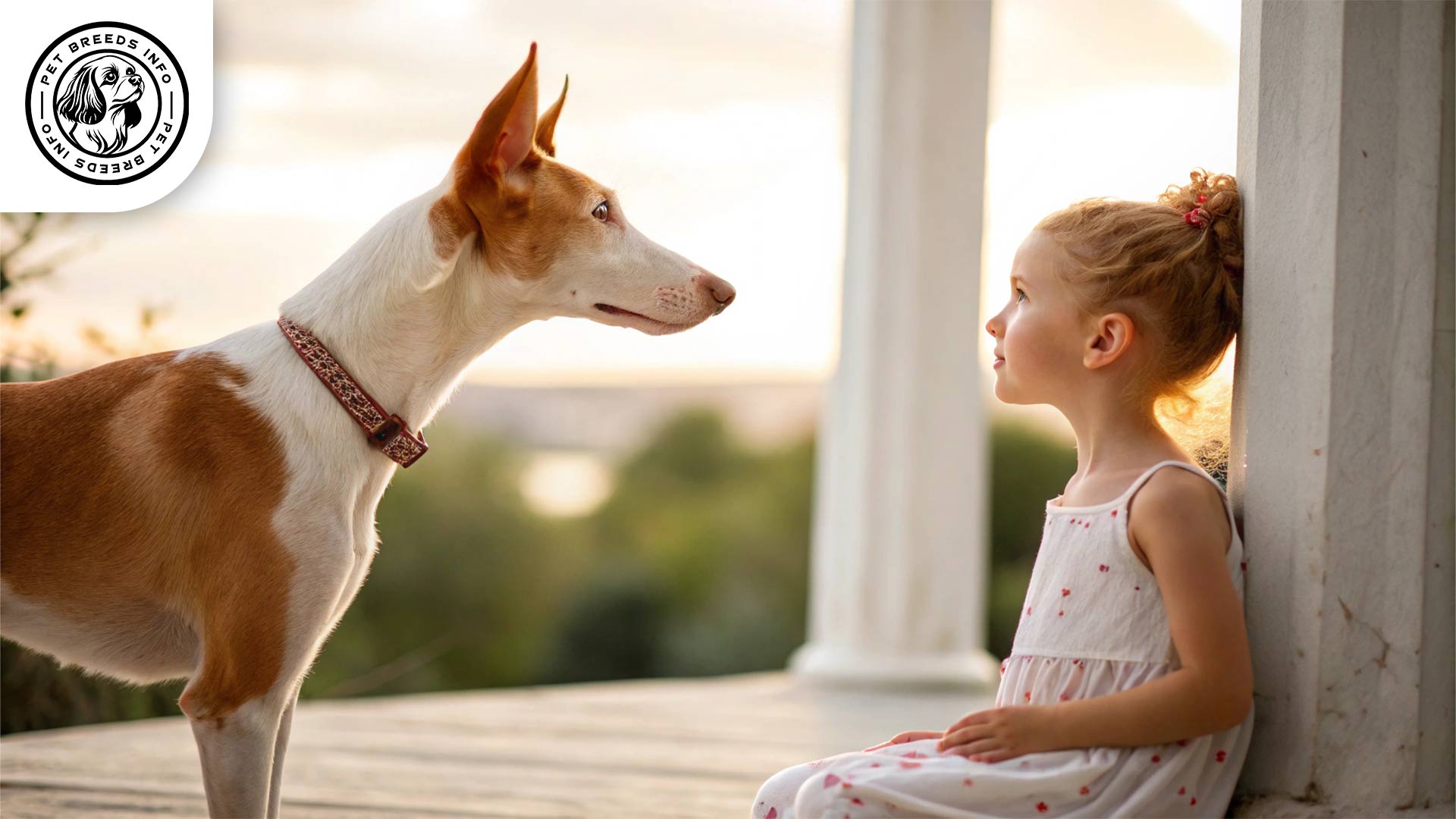
Price and Availability
The price of an Ibizan Hound puppy from a reputable breeder typically ranges from $800 to $2,000, depending on lineage and location.
Adoption is an alternative, with breed-specific rescue organizations occasionally having available dogs.
Reputable breeders and adoption centers must be thoroughly researched to ensure ethical breeding practices.
Conclusion and Final Thoughts
The Ibizan Hound is not for every owner, as they require space, exercise, and dedicated training.
They are best suited for active families or individuals who can provide them with regular physical and mental stimulation.
Potential owners should consider their high exercise needs, strong prey drive, and independent nature before bringing one home.
Read More: Irish Red and White Setter Dog
With proper care, training, and companionship, the Ibizan Hound makes a loyal, energetic, and playful lifelong friend.
FAQ
Is the Ibizan Hound a good family pet?
Yes, they are affectionate and playful, especially in active households.
Does the Ibizan Hound require a lot of exercise?
Yes, they need daily running, hiking, or agility training to stay healthy.
Are they easy to train?
They are intelligent but independent, requiring patience and positive reinforcement.
What common health issues do they have?
They may develop hip dysplasia, deafness, and eye disorders.
